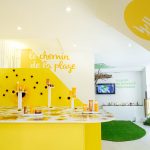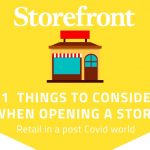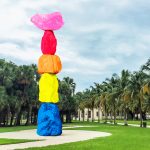Platform is a retail collective that’s fast become an arts, culture and wellness center, welcoming many independent brands, retailers and creative entrepreneurs. Since its inception, the shopping center was focused on leasing for both short and long-term, helping many young brands and e-commerce companies get their start in brick-and-mortar and be amongst this burgeoning scene. Curating pop-up shops alongside longstanding retailers has allowed Platform to both stay relevant and make sure it has its finger on the pulse of the community and the many artists and designers that come to visit and buy.
Plus, many designers are taking note. Janessa Leone, co-founder of The Edit was one of the first brands to rent a pop-up space at Platform, and is now opening up her own. “Platform as a whole is a very young, fast-moving agile community…we want to band together as a community to create enriching store units,” she tells WWD.
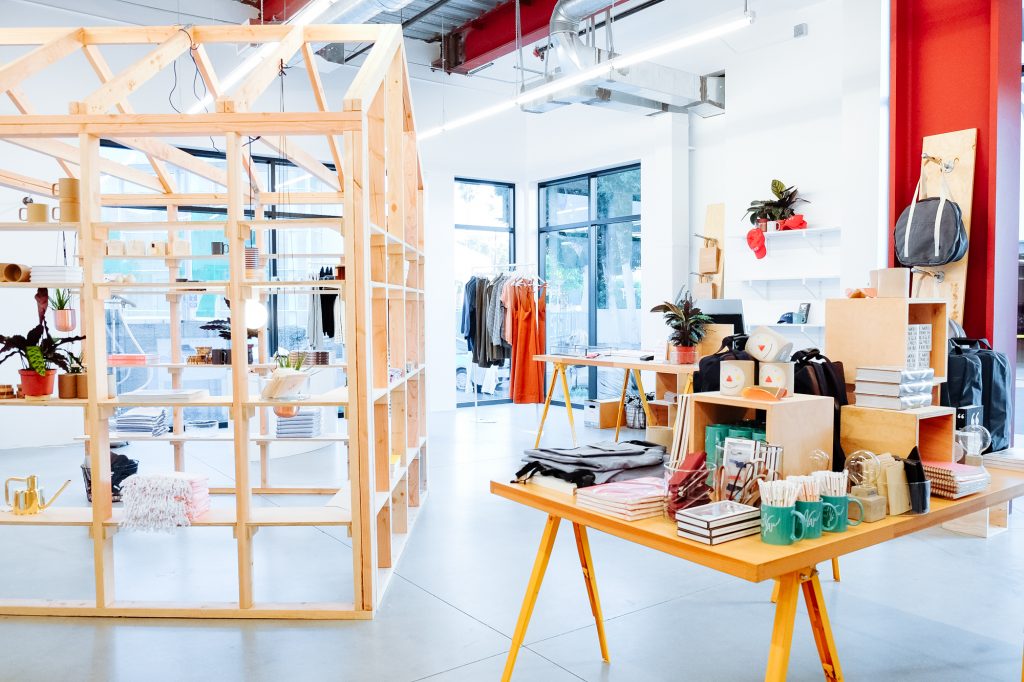
We spoke with Erin Mavian, Chief Operations Officer at Runyon Group who leases PLATFORM’s spaces, to dish on its success and why brands love popping up there.
- What has been your experience with brands looking to pop-up at Platform?
Erin Mavian: As part of Runyon Group, we specialize in working with best-in-class, independent merchants, emerging designers, rising culinary concepts and unique businesses that offer personal services within the health and wellness realms. So, when visiting PLATFORM, you’ll never see a Starbucks or shops found in malls or mass markets. With all our projects, both properties we own and consult on, 80% of leases signed, whether long or short-term, are through our own research and outreach (the remaining 20% are through referrals or knowledge of the area or project).
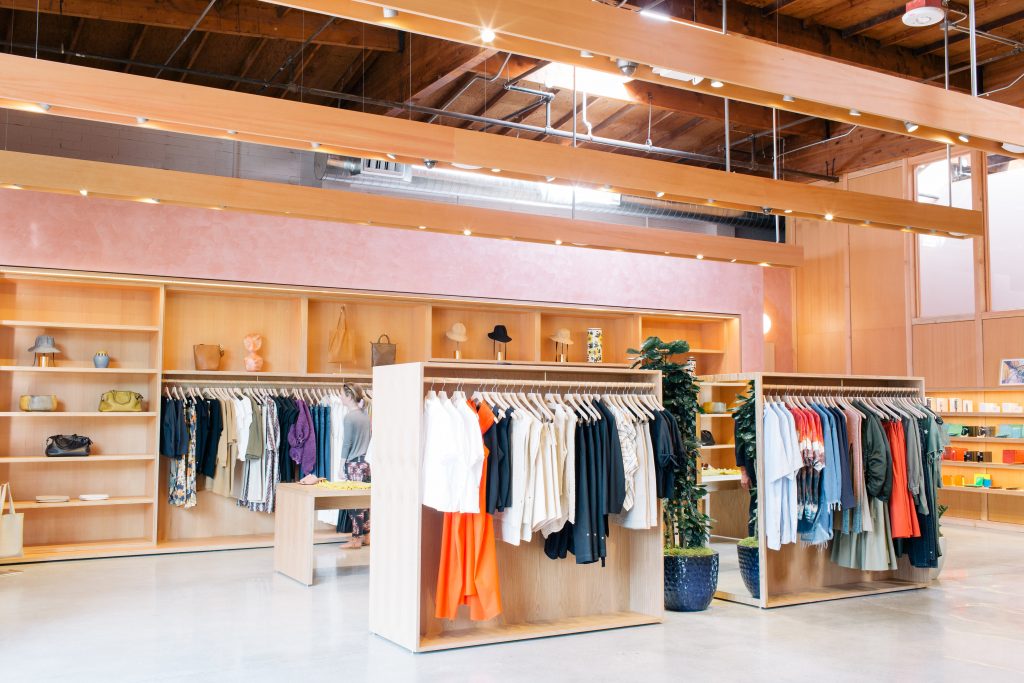
- What kinds of brands were mostly looking to pop-up?
E.M: We receive dozens of pop-up inquiries every month and those writing us are a true range from brands that have yet to launch to something you would see in your local mall. Since we work a bit differently, we love bringing international brands and businesses that have yet to have any presence in the US or direct to consumer brands that live exclusively online. ADAY and The Arrivals were two pop-ups that are a perfect example of this.
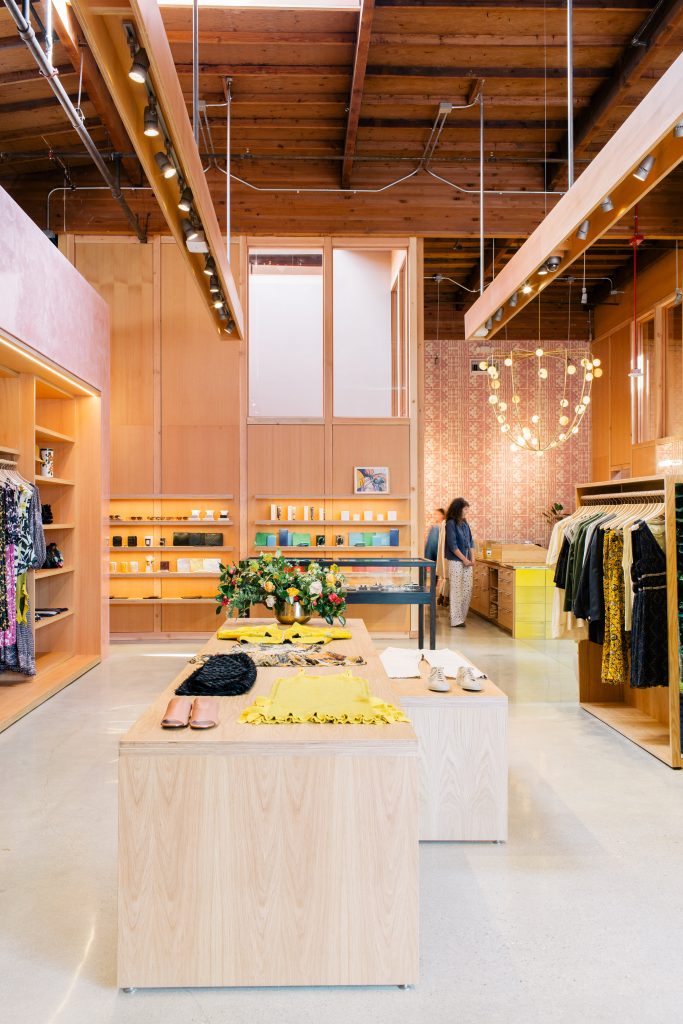
- Any specific case studies to share so far? Such as brands that had much success in using these spaces for short-term?
E.M: Brands that have a tight-knit community and genuine connection to their customers are always the most successful at popping up. Catbird from Williamsburg Brooklyn is the perfect example. They have an incredible customer base and diehard fans who all came out to visit during their pop-up store at PLATFORM.
Programming and events are also extremely important and we typically require at least one event per month for each pop-up store. It can be anything as simple as hosting a happy hour in the space, organizing a meet-and-greet with the owner or designer or partnering with a like minded brand to collaborate and launch a product or service during the pop-up store. We’ve found that any opportunity to cross-promote businesses, especially when they are there short-term, yields greater foot traffic and the opportunity to expand the brands customer base and overall presence.
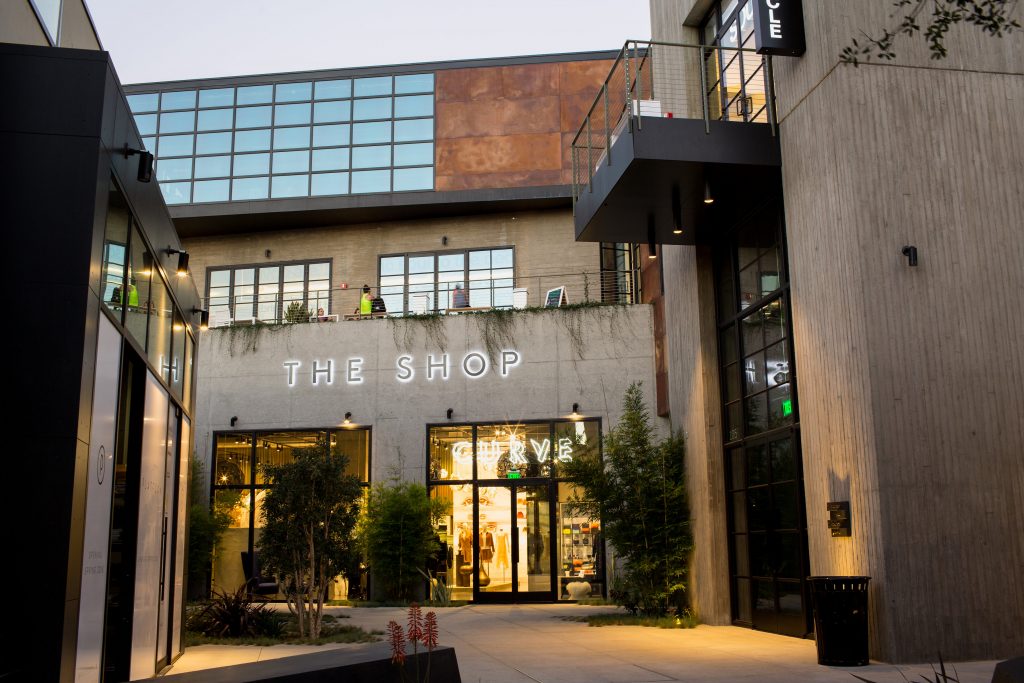
Looking for the best space for your next pop-up event?
- London-Based Lifestyle Brand Mantidy Launches Pop Up in Marylebone - November 13, 2019
- Fashion Retailer SHEIN Opens Dallas Pop-Up Shop With Storefront - November 11, 2019
- Howard Johnson popped-up with a candy-themed store in NYC to support brand refresh - September 13, 2019

